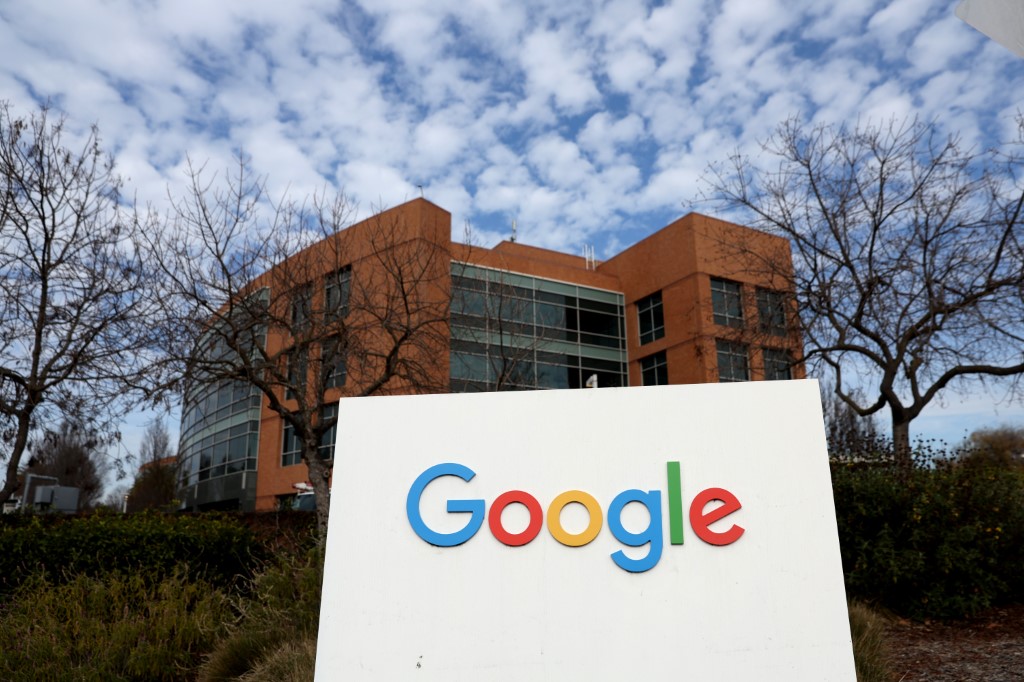
403
Sorry!!
Error! We're sorry, but the page you were
looking for doesn't exist.
US administration contemplates breaking up Google
(MENAFN) The U.S. Department of Justice (DOJ) has taken a significant step towards addressing what it perceives as Google's monopoly in the digital marketplace. In a recent court filing, the DOJ suggested that the tech giant may need to be dismantled to separate its dominant search business from other key components of its ecosystem, including the Android operating system, Chrome web browser, and Google Play app store.
The DOJ's remarks indicate that both "behavioral and structural remedies" could be implemented to curtail Google's practices, which the agency argues have fostered unfair competition. According to the DOJ, Google’s actions have resulted in "interlocking and pernicious harms" to consumers, highlighting the necessity of restoring competition within the search engine market.
A key concern raised by the DOJ is that Google's "unlawful behavior" has allowed it to accumulate and leverage vast amounts of data in ways that disadvantage its competitors. The DOJ stated that potential remedies could restrict Google's ability to use or retain certain data, particularly where privacy issues complicate the sharing of information with other entities. They emphasized the importance of distinguishing between "genuine privacy concerns" and what they termed "pretextual arguments," which they believe are employed by Google to maintain its dominant market position.
This latest development follows an August ruling by a federal judge, who determined that Google had violated U.S. antitrust laws. Judge Amit Mehta described Google as a "monopolist" that has engaged in practices to preserve its monopoly status, including paying billions of dollars to device manufacturers to ensure it remains the default search engine on smartphones and web browsers.
As the DOJ evaluates potential paths forward, including a possible breakup of the company, this case represents a critical juncture in the ongoing debate over Big Tech regulation and the need to foster competition in the rapidly evolving digital landscape. The implications of such actions could reverberate throughout the tech industry, influencing how companies operate and compete in the future.
The DOJ's remarks indicate that both "behavioral and structural remedies" could be implemented to curtail Google's practices, which the agency argues have fostered unfair competition. According to the DOJ, Google’s actions have resulted in "interlocking and pernicious harms" to consumers, highlighting the necessity of restoring competition within the search engine market.
A key concern raised by the DOJ is that Google's "unlawful behavior" has allowed it to accumulate and leverage vast amounts of data in ways that disadvantage its competitors. The DOJ stated that potential remedies could restrict Google's ability to use or retain certain data, particularly where privacy issues complicate the sharing of information with other entities. They emphasized the importance of distinguishing between "genuine privacy concerns" and what they termed "pretextual arguments," which they believe are employed by Google to maintain its dominant market position.
This latest development follows an August ruling by a federal judge, who determined that Google had violated U.S. antitrust laws. Judge Amit Mehta described Google as a "monopolist" that has engaged in practices to preserve its monopoly status, including paying billions of dollars to device manufacturers to ensure it remains the default search engine on smartphones and web browsers.
As the DOJ evaluates potential paths forward, including a possible breakup of the company, this case represents a critical juncture in the ongoing debate over Big Tech regulation and the need to foster competition in the rapidly evolving digital landscape. The implications of such actions could reverberate throughout the tech industry, influencing how companies operate and compete in the future.

Legal Disclaimer:
MENAFN provides the information “as is” without warranty of any kind. We do not accept any responsibility or liability for the accuracy, content, images, videos, licenses, completeness, legality, or reliability of the information contained in this article. If you have any complaints or copyright issues related to this article, kindly contact the provider above.






















Comments
No comment